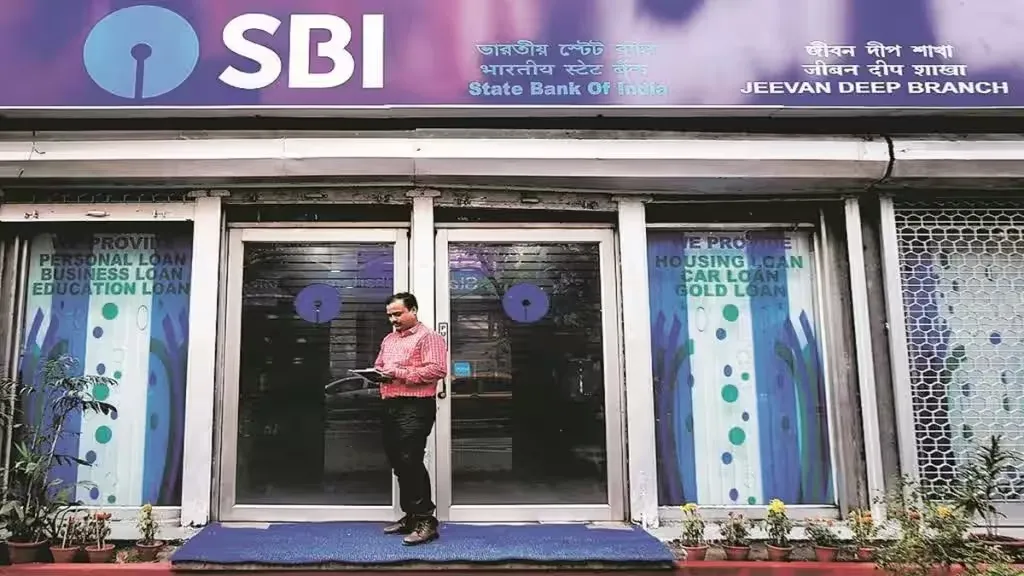The government was billed Rs 10.68 crore as a “commission” by the State Bank of India (SBI) for the sale and redemption of the Electoral Bonds (EBs) issued to fund political parties.
Lengthy pages of correspondence and emails — obtained by The Indian Express via a Right to Information (RTI) application — show that the bank raised vouchers for payment of “commission” towards its transaction fees and bank charges along with 18 per cent GST.
SBI levied transaction and bank charges for at least 30 phases of the sale and redemption of electoral bonds from 2018 to 2024. The SBI charged the Finance Ministry a total of Rs 10.68 crore as commission owed, from the scheme’s start.
According to the RTI reply received by IE, the bank routinely sent reminders to the ministry for payment of dues. In one such instance, the then SBI Chairman, Rajnish Kumar, even wrote a letter, dated February 13, 2019, to then Economic Affairs Secretary S C Garg. At that stage, SBI’s unpaid dues for seven phases of the scheme added up to Rs 77.43 lakh.
Also Read: Election Commission makes public electoral bonds data submitted by SBI
The SBI chairman also detailed in the letter how the commission was being calculated. “The claim for commission lodged by the bank is considered very reasonable, keeping in view the complexities associated with the related IT developments… The claim is also in line with government commission rates. Collections: Rs 50 per transaction for physical collections and Rs 12 per transaction for online transactions. Payments: 5.5 paise per Rs 100…,” he wrote in the letter.
While the SBI had argued that 18 per cent GST on the commission should also be paid to it, the bank faulted the ministry for levying 2 per cent TDS on the GST on one occasion, IE has learned.
Along with this, the bank also listed he quantum and value of unredeemed electoral bonds — which were sent to the Prime Minister’s Relief Fund (PMRF) — for each phase. The amounts deposited in the PMRF varied – Rs 10 crore for Phase 3; Rs 3 crore for Phase 10; Rs 5 lakh for Phase 27; Rs 1.75 crore for Phase 30.
Furthermore, ahead of the 2019 Lok Sabha elections, the SBI told the Finance Ministry that the demand for electoral bonds was expected to see a sharp increase.
Also Read: Playing hide and seek: SBI’s demurral on electoral bonds has dented its credibility
“In view of the ensuing general elections in 2019 and Assembly elections in various states, the existing stock of EBs will need to be supplemented…we observe that EBs in TL (Ten Lakh) and OC (One Crore) series accounted for maximum sales. We are of the view that the same trend will continue,” the bank said in a note to the Joint Secretary (Budget) before the 2019 elections, after the sixth phase of sale of electoral bonds, Indian Express reported.
The bank also flagged “erroneous printing of electoral bonds” to the ministry. In a letter in March 2021, the SBI noted how “one of the authorised branches has reported that they have received 94 electoral bonds of different denominations where bond serial number is printed over the hidden serial number and visible with naked eye”.
As per the security feature for the scheme, the hidden serial number was supposed to be visible only under ultra violet (UV) light. The bonds with “erroneous printing” should not be circulated, the bank stated.
This year in February, the Supreme Court junked the Electoral Bond scheme and asked the State Bank of India (SBI) to send details of the poll bonds to the Election Commission of India (ECI) and asked the poll body to publish make the bond details.


